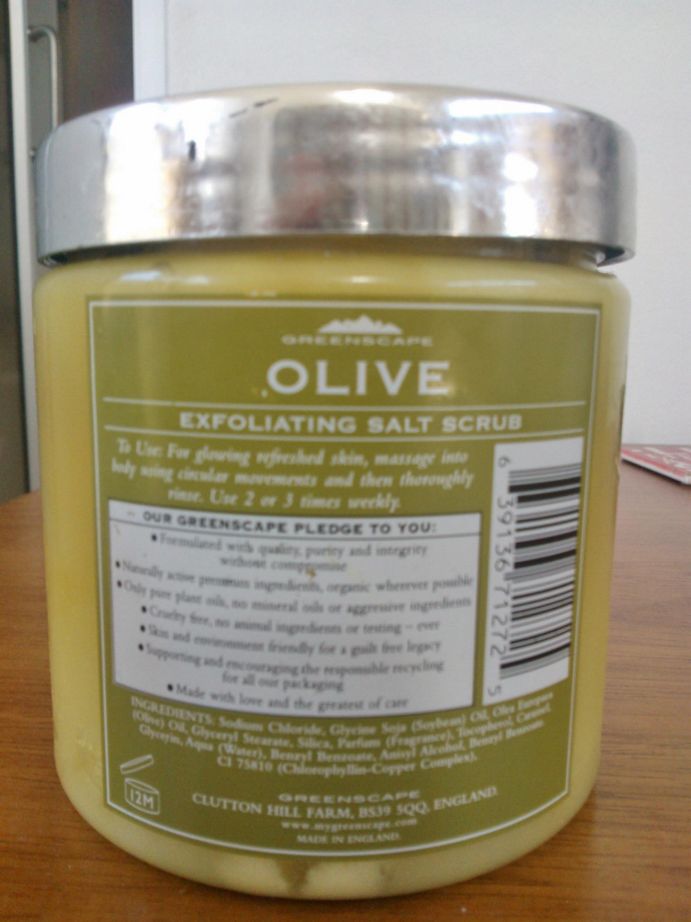|
The health benefits of
cardamom include gastrointestinal protection,
cholesterol control, control of cancer,
relief from cardiovascular issues, and the improvement
of blood circulation in the body. It is useful for
curing dental diseases and urinary tract infections such
as cystitis, nephritis, and gonorrhea.
Cardamom possesses aphrodisiac properties and is also
used as a cure for impotency, erectile dysfunction, and
premature ejaculation.
Nutritional Value of Cardamom
According to the US
Department of Agriculture and the
National Nutrient Database for
Standard Reference, cardamom
(100g) contains energy (300 kcal), carbohydrates (68 g),
protein (11 g), dietary
fiber (28
g), and no cholesterol (0mg).
Cardamom is rich in various vitamins and
micronutrients as well. These include niacin,
pyridoxine, riboflavin,
thiamine, vitamin
A, vitamin
C, sodium, potassium, calcium, copper, iron, manganese, magnesium,
phosphorous, and zinc.
Anti-Carcinogenic Properties
Cardamom is an ideal spice with many
health benefits. The most popular and well known health
benefits are listed below.
Anti-Carcinogenic Properties: Cancer,
particularly colorectal cancer, is one of the leading
causes of death around the world. The rising cost of
conventional cancer therapy and the subsequent side
effects have encouraged researchers to look for
alternatives that are sustainable. Studies conducted
by Sengupta et al. at Chittaranjan National Cancer
Institute in Kolkata have
shown that dietary cardamom had a positive result in
counteracting colorectal cancer to an extent of 48%.
Good for Cardiovascular Health: Research
studies conducted at the Department of Pharmacology and
Pharmaceuticals at the College of Pharmacy of King Saud
University, Saudi Arabia showed that cardamom
administration for cardiovascular conditions resulted in
a lower heartbeat or controlled rhythm, and control of
hypertension.
Control of Cholesterol: The
micronutrients found in cardamom can counteract the
surge of lipids in the body. In experiments conducted
at the Pharmacology and Toxicology Division at Hindustan
Antibiotics Limited in Pune,
India by Dhuley, hepatic and cardiac antioxidant enzymes
from cardamom were administered to mice, which were fed
a high-fat diet. The antioxidant enzymes had an
influence on the cholesterol levels and helped in
significantly controlling them.
Anti-Depressant: Cardamom
is also believed
to possess anti-depressant
properties. Its essential
oil is
one of the major oils used in aromatherapy.
It can be used not only for depression,
but also as a cure for various other diseases ranging
from stomach disorders to pulmonary diseases.
Treating Urinary Disorders: In
Ayurveda, cardamom has been used as a remedy for urinary
tract diseases and infections such as cystitis,
nephritis, and gonorrhea.
Protection Against
Gastrointestinal Diseases: Cardamom
has been traditionally used in Ayurveda, Chinese
medicine and the Unani system as a remedy for
gastrointestinal disorders. The methanolic extract from
cardamom is the component that helps in controlling
gastrointestinal disorders such as acidity, flatulence,
and stomach cramps. Studies conducted
by Jamal et al. at the Department of Chemistry, Jamia
Hamdard, in New Delhi,
India have concluded that the extracted volatile oils
from cardamom have shown positive effects on
gastrointestinal disorders.
Antimicrobial Properties: For
many millennia, cardamom was thought to possess
infection-fighting properties. For modern science, it
means that cardamom contains antimicrobial properties.
This theory was tested at the Van Yüzüncü Yil University
by Ağ
Aoğlu et al. Experiments
were conducted on the volatile extracts of cardamom. It
was observed that the oils from cardamom were able to
inhibit the growth and spread of some of the very
dangerous microbes that regularly cause food poisoning.
Anti-Spasmodic Properties: Muscle
spasms are often reported by older people. A sudden
contraction of the muscles causes these spasms. When the
muscles contract, they can result in a sudden emergence
of pain.Researchers Al-Zuhair
et al. at the King Saud University in Saudi Arabia have
performed animal-based research and concluded that
cardamom can be used as a controlling measure for muscle
spasms.
Dental Diseases: Cardamom
has been used in Ayurveda as well as traditional Chinese
medicine for dealing with dental problems for many
centuries. After the invention of antibiotics, it was
found that these antibiotics produced mixed results, as
well as side effects. Some side effects included the
inhibition of friendly probiotic bacteria thriving in
the intestines. However, the use of spices, on the other
hand, is ideal because they inhibit only infectious
microbes, not the probiotic bacteria. A study conducted
by Isao Kubo, Masaki Himejima, and Hisae Muroi at the
Division of Entomology and Parasitology at the
University of California has verified the presence of
antimicrobial properties in cardamom. |








